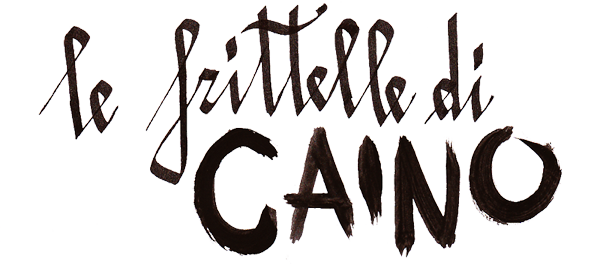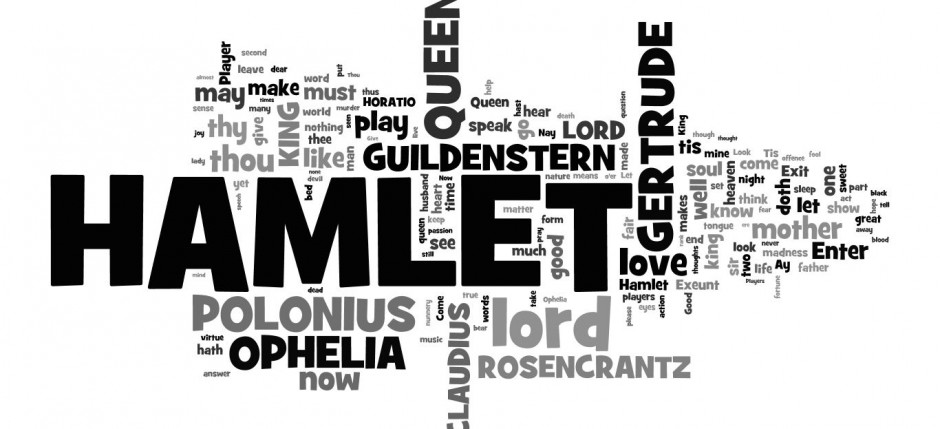That skull had a tongue in it,
and could sing once:
how the knave jowls it to the ground,
as if it were Cain’s jaw-bone,
that did the first murder! It
might be the pate of a politician,
which this ass now o’er-reaches;
one that would circumvent God,
might it not?
Or of a courtier; which could say
‘Good morrow, sweet lord!
How dost thou, good lord?’
This might be my lord such-a-one,
that praised my lord such-a-one’s
horse, when he meant to beg it;
might it not?
Why, e’en so: and now my Lady Worm’s;
chapless, and knocked about
the mazzard with a sexton’s spade.
Here’s fine revolution,
an we had the trick to see’t.
Did these bones cost no more
the breeding, but to play at
loggats with ‘em?
mine ache to think on’t.
|
Quel teschio aveva una lingua,
e una volta sapeva cantare: guarda
ora come il marrano lo scaraventa a terra,
quasi fosse l’osso della mascella di Caino,
che commise il primo omicidio!
Quella che il furfante maltratta
potrebbe essere la zucca d’un politico,
tanto scaltro da ingannare perfino Dio,
non è così?
Oppure d’un cortigiano
capace solo di dire: “Buongiorno, dolce signore!
Come sta stamane il mio buon signore?”
O potrebbe essere Messer Tal dei tali
che tesse le lodi del cavallo
di Monsignor Tal’altro, solo per farselo regalare;
non può essere?
Sì, è così: e ora quella testa appartiene
a Madama Verme, smascellata e colpita
sulla chierica dalla vanga di un beccamorto.
Una bella rivoluzione,
se solo avessimo la saggezza di vederla.
Costò così poco nutrire queste ossa,
se in fondo dovevano servire solo
a giocarci ai birilli?
Le mie dolgono a pensarci. |

